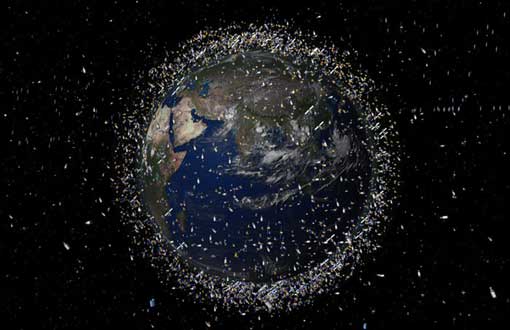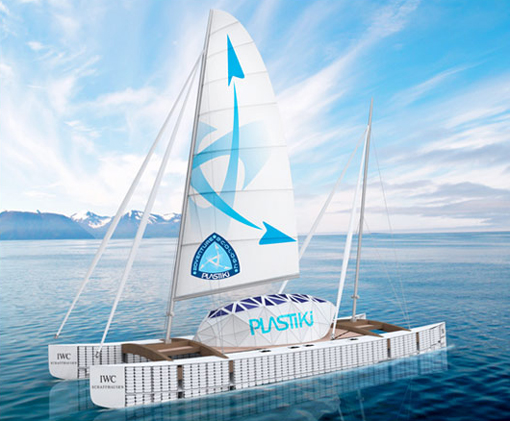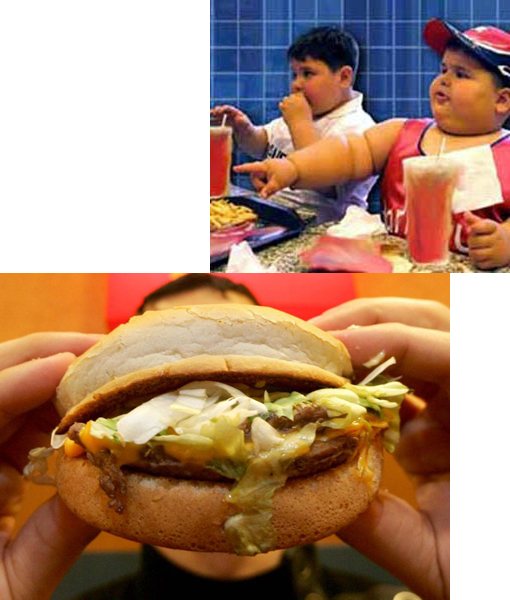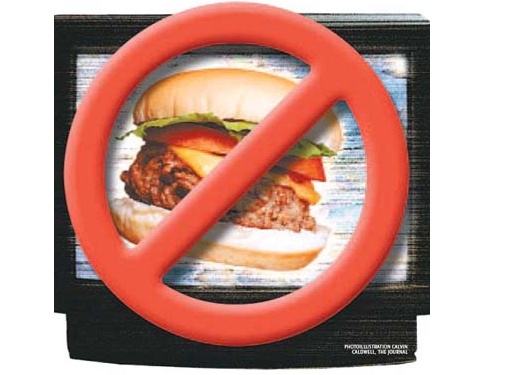You are herehealth
health
World's oldest man turns 114, reveals secrets to longevity: work hard, eat less, and be kind to one another

(quote)
The oldest man in the world has celebrated his 114th birthday with a slice of cake and few pearls of wisdom.
Walter Breuning gave a short speech telling the guests at a small gathering on Tuesday what they all wanted to know - the secret of living a long life.
But for anybody who thinks you can have such a good innings without effort, they are in for a surprise.
Hard work, according to Mr Breuning, is the key to living a long time, and he should know. The pensioner held down a management job until he was 99, meaning he has spent longer working than some people have lived their whole lives.
His other advice was to watch what you eat, which has caused him to cut down to two meals a day.
He also tells those younger than him to be kind to others. ‘When you help someone else, you're actually helping yourself even more,’ he said.
Mr Breuning was born on September 21, 1896 in the rural town of Melrose in Minnesota. He moved to Great Falls, Montana in 1918, where he has stayed ever since. He worked for more than 50 years for the Great Northern Railway, saw some 20 U.S. Presidents come and go, lived in three centuries and survived two World Wars - although he served in neither because he not called up or was considered too old to fight, one of his few regrets.
World's oldest man marks 114th birthday in U.S.
Walter Breuning urged people to rely on their faith in a speech he delivered in Great Falls on his 114th birthday Tuesday. Breuning is verified by two groups as the world's oldest man. read more »
What goes up... Space junk: how to clean up the Space Age's mess; > 4 million pounds of trash orbiting Earth

(quote)
The Trouble With Trash
It's been 53 years and over 4,500 launches since the dawn of the space age, and Earth's orbit is a junkyard. Our orbit is littered with spent rocket stages, lens caps, broken-up satellites, frozen urine, the odd glove, bits of foil, and the tool kit dropped by astronaut Heide Stefanyshyn-Piper during a spacewalk in 2008. You name it; the low Earth orbit has probably got it.
Millions of pieces of this space debris orbit the globe at break-neck speeds, and the spacecraft that pass through orbit are in jeopardy from even the smallest objects. But while the problem is evident, the solution remains elusive. Will Earth's orbit forever resemble a scene from WALL-E? Many scientists have now turned their attention to cleaning up the clutter.

Every satellite that goes up to orbit is the pride and joy of some company, lab, or nation. But once it has outlived its purpose, it's nothing but junk. read more »
Plastiki, 20x60ft boat from 12,500 plastic bottles, sails 130 days & 8,000 nautical miles across Pacific Ocean, reaches Sydney


Epic Voyage
The Plastiki and crew have reached the end of their epic voyage which has taken them through the Pacific Ocean on an 8,000 nautical mile adventure lasting over 130 days. On Jul 26, 2010, 'plastiki' reached its final destination, sailing its way into Sydney Harbour, bringing with it a warning on pollution & on plastic waste in the oceans.

quote)
The Plastiki is a distinctive, one-of-a-kind 60-foot (20m) catamaran made out of 12,500 reclaimed plastic bottles and other recycled PET plastic and waste products.The craft was built using cradle to cradle design philosophies and features many renewable energy systems, including solar panels, wind and trailing propeller turbines, and bicycle generators.
On March 20, 2010, the sailing vessel set off from San Francisco, California with a six-man crew, including David de Rothschild, to sail across the Pacific Ocean. The expedition projected landfall in Sydney, Australia and included plans to visit several sites en route of ecological importance or which were susceptible to environmental issues caused by global warming, for instance the current sea level rise, ocean acidification and marine pollution. read more »
Hawaii first to ban shark fin soup. Yao Ming: "Endangered species are our friends", stop shark fin soup, stop shark killing


(quote)
World's First Ban on Shark Fin Makes Hawaii Global Leader in Shark Conservation
HONOLULU, June 30 /PRNewswire/ -- On the eve of the State of Hawaii becoming the first jurisdiction to ban sales of shark fin soup, local and international conservation groups praised the ground-breaking move as a first step to halting the decimation of global shark stocks.

Fins from up to 70 million sharks a year are used for shark fin soup often with the bodies of the animal dumped overboard dead or alive. In a recent study the world's top shark scientists (IUCN Shark Specialist Group) reported that of 64 species of open ocean sharks and rays 32% are "threatened with extinction," primarily due to overfishing. In addition, 24% were "near threatened," while another 25% could not be assessed due to lack of data. Yet only 3 species have any kind of international protection and the UN CITES convention recently declined to take any action due to opposition led by Japan. read more »
Mexico bans junk food in schools & requires physical education to fight obesity from a young age

(quote)
Mexican Lawmakers Ban Junk Food in Schools, Require Physical Education
MEXICO CITY – The lower house of Congress approved two reform measures banning the sale of junk food in schools and making physical education classes mandatory in Mexico, where 30 percent of children are obese.

A majority of lawmakers voted during a regular session Tuesday to approve the changes, acknowledging that childhood obesity tripled in Mexico in the past 20 years and federal and state officials must take action to deal with the situation.
Schools will be required to provide 30 minutes of physical education time every day to help students lose weight.

Some 70 percent of adults in Mexico, according to official figures, are overweight, while 70 percent of children between the ages of 5 and 11, or some 4.5 million minors, are overweight. Some 40 percent of Mexicans, according to the 2006 National Health Survey, are obese.
The percentage of Mexico’s population classified as overweight or obese has tripled since 1980. “Childhood obesity has become a social problem and a serious health problem,” lawmakers said. read more »


















